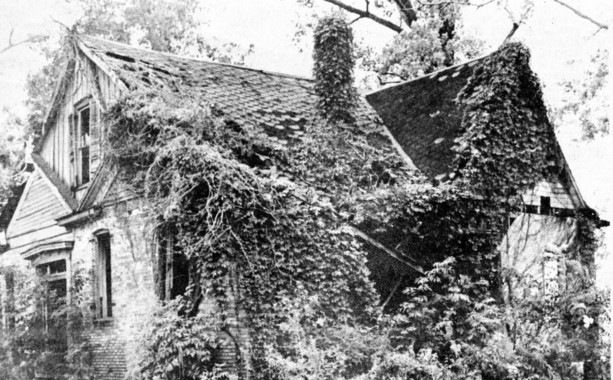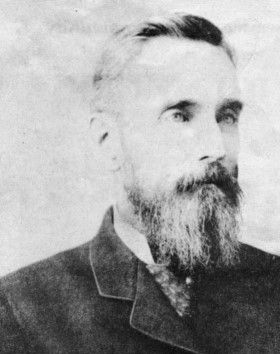How Tallulah Became the Parish Seat
From the August 14, 1975 Centennial Edition Madison Journal
Minnie Murphy
Tallulah, born of love, nurtured by war, grew lustily.
The rich plantations surrounding her paid tribute from their glorious fields of
cotton and corn; people from afar came and drank of the Mississippi's waters,
listened to the trill of the mocking bird, lingered
and made their homes. The aspiring railroad which had brought into existence
the little town of Delta at its starting point reached Monroe, th en rested thirty years in its
westward trek, but it was, nevertheless, a life giving artery to the country
and kept the terms along its line in touch with affairs beyond their borders.
Tallulah became a shipping point of importance and as she
prospered, grew ambitious for political honors and sprouted a little seed of
jealousy that Delta, upon the destruction of Richmond, should have been given
the Parish Seat.
Delta was at the extreme eastern border of the parish; it
was no longer an active town, created and killed by boomers and greedy
politicians, and though the Louisiana Legislature had, by Act No. 69, of the
year 1868, put the stamp of approval upon the removal of the Capitol thereto,
Tallulah yet felt that hers was the logical site. Because of this unrest an
election was called to take the sense of the voters. Delta, however, was not
without pride and tenacity and did not give up without a struggle.

What was left of the old Delta
courthouse, probably in the 1960’s
Many good and influential citizens who owned property
there objected to the removal, and meetings were held,
indoors and out; doctors, lawyers, businessmen and laborers, white and black
argued and harangued the question pro and con.
Election day came at last, a
winter's day, in the year 1883, ever memorable for its piercing wind, its sleet
and snow, as though the very elements were protesting against the destruction
of the hopes of the little town. The result of the election showed a large
majority in favor of the move; Delta was beaten at the polls, but she did not
intend to say beaten.
Able lawyers were among her partisans and it was feared
they might enjoin through the courts the removal of the public records, but
energetic citizens, on the other side of the question had anticipated and
prepared for just such an action.

Henry Bry
Holmes, then Sheriff of Madison Parish, and husband of Kate Stone of Brokenburn, masterminded the removal of
court records from Delta to Tallulah
An empty freight car was shunted on the railroad siding
nearest the court house that afternoon, and by shaded lanterns, in the middle
of that wild night, the public records, books and papers, were hurriedly, but
quietly loaded into the car, and when the good citizens of Delta awoke next
morning, they found themselves no longer in the parish capitol.
The paraphernalia of local government was now in
Tallulah, the new home, and she all unprepared for her suddenly acquired honor,
was forced to house the dignity of the Court rather humbly in empty stores and
back bedrooms, unto 1887, when the present spacious and handsome Court House
was erected, and Tallulah became a real Parish Site, in appearance, as well as
in name.